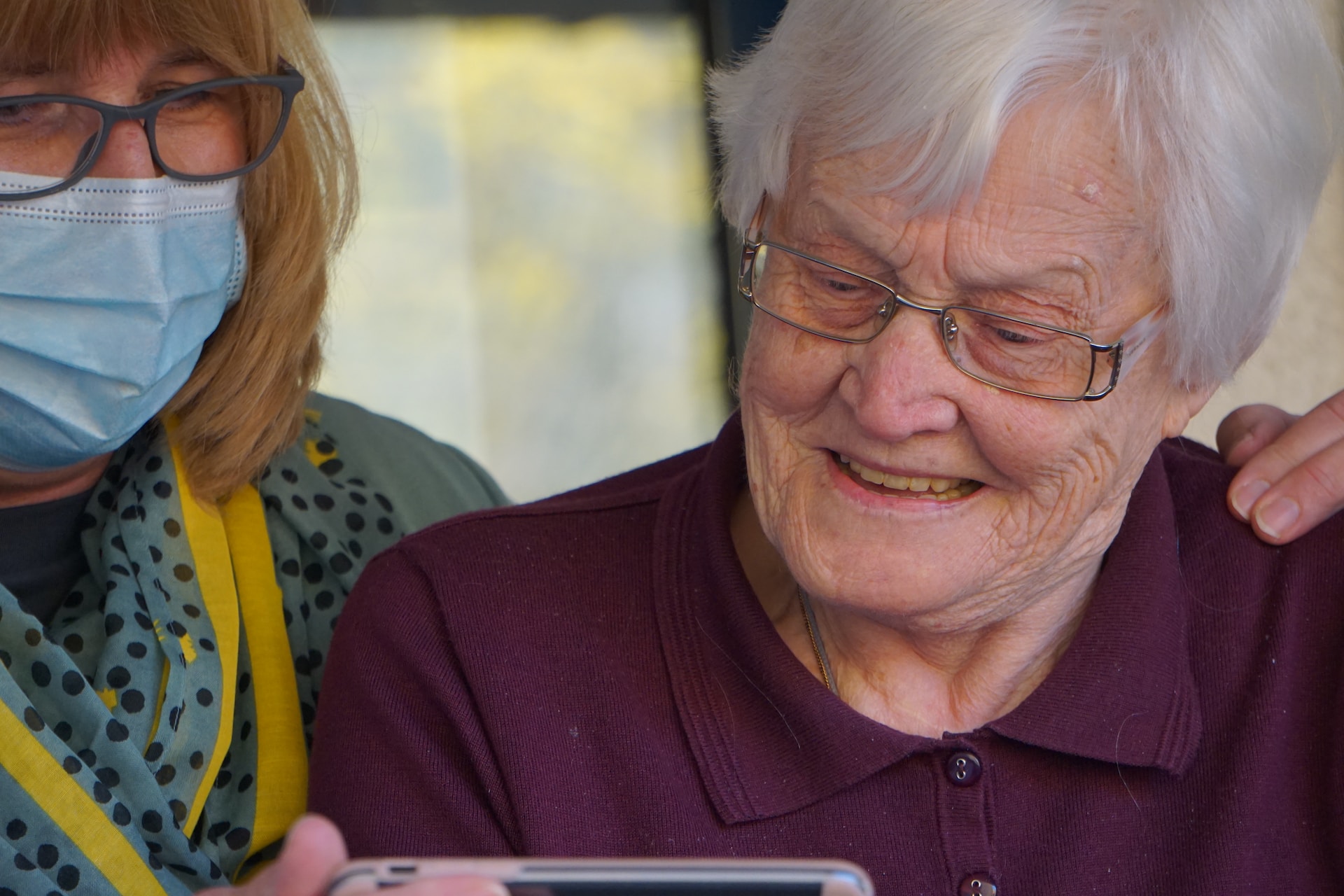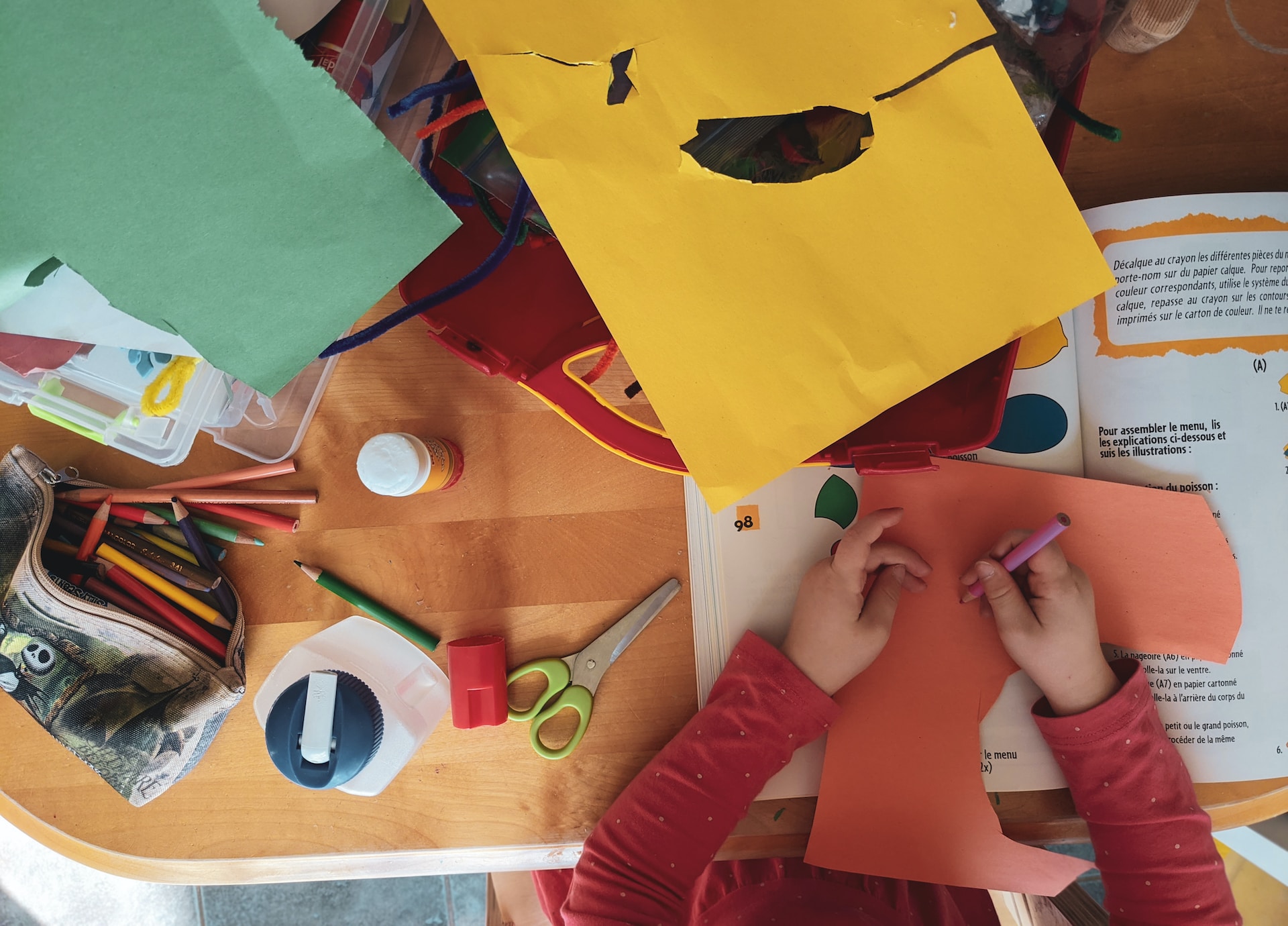Talking to a Loved One About Memory Decline
By Ashley Barnes, M.S. Memory Decline If you’re reading this blog post, you’ve likely noticed a loved one’s memory declining and may wonder if this is an indication of a developing neurocognitive disorder like dementia. Maybe you’ve noticed cognitive changes in a grandparent or great-grandparent, a parent, a sibling, or a friend. Early signs of a neurocognitive disorder are personality changes, trouble with memory, reduced gaze, trouble managing money, engaging in repetitive behaviors, obsessive-compulsive behaviors, poor decision making, and trouble with finding the right words; perhaps some of these symptoms are jumping out at you. You may want to address your concerns or your loved one’s concerns about their memory so that they feel less alone. Here are some tips on how to navigate the conversation and connect your loved one with good care: Preparation Before having the conversation, you may want to consider whether they have already inquired about …






